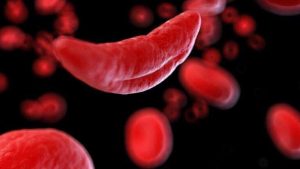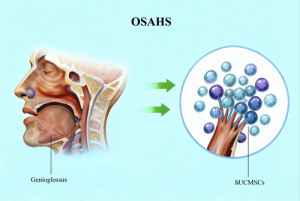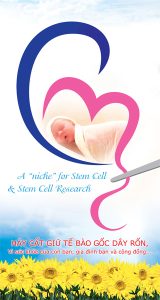Stem Cell Research & Therapy, 20/05/2025

A groundbreaking study published by Miryam Mebarki and colleagues in the journal Stem Cell Research & Therapy has demonstrated that pooling umbilical cord-derived mesenchymal stromal cells (UC-MSCs) from selected donors can reduce donor-dependent variability and significantly enhance their immunomodulatory properties.
Background and Research Objectives
Mesenchymal stromal cells (MSCs) derived from the umbilical cord are a highly promising source for immunotherapy and regenerative medicine. However, a major barrier to their clinical application is the heterogeneity among MSC samples from different donors, which affects product quality and therapeutic efficacy.
This study aimed to evaluate whether pooling UC-MSCs from selected donors could reduce biological variability and improve their immunosuppressive effectiveness.
Research Methods
Cell Source: MSCs were isolated from the umbilical cords of eight quality-approved donors.
Pooling Strategy: UC-MSC samples were divided into individual donor groups and pooled groups derived from 3, 5, or 8 donors.
Functional Assays: Included surface marker expression, immune phenotype, differentiation capacity, and notably, the ability to inhibit T cell proliferation (T cell proliferation assay).
Molecular Analysis: RNA sequencing (RNA-seq) was performed to compare transcriptional profiles between groups.
Key Findings
Reduced Donor-Dependent Variability: Pooling cells from multiple donors minimized individual differences, producing a more stable product in terms of cellular and immunological characteristics.
Enhanced Immunomodulatory Function: Pooled UC-MSCs significantly outperformed individual donor samples in suppressing T cell proliferation. The most potent effects were observed in pools derived from 5 or 8 donors.
Immune-Related Gene Expression Modulation: RNA analysis revealed upregulation of key immunosuppressive genes (e.g., indoleamine 2,3-dioxygenase – IDO1, PTGS2) and downregulation of certain inflammatory genes in pooled groups.
Maintained Differentiation Potential and Phenotype: Pooled groups retained the ability to differentiate into osteogenic, adipogenic, and chondrogenic lineages and consistently expressed standard MSC surface markers (CD73+, CD90+, CD105+).
Conclusion and Clinical Significance
This study provides robust evidence that pooling UC-MSCs from qualified donors not only increases the consistency of cell therapy products but also enhances their immunomodulatory capacity — a key factor in treating inflammatory, autoimmune conditions, and graft-versus-host reactions.
Practical Implication
This approach could become a new standard for large-scale production of cell therapy products, especially in applications that demand high consistency and product quality.
References
The article was translated and summarized from the research paper: Mebarki, M., Moine-Picard, C., Enjaume-Rauch, R. et al. Pooling umbilical cord-mesenchymal stromal cells derived from selected multiple donors reduces donor-dependent variability and improves their immunomodulatory properties. Stem Cell Res Ther 16, 252 (2025). https://doi.org/10.1186/s13287-025-04361-y
Source: Stem Cell Research & Therapy
Link: https://stemcellres.biomedcentral.com/articles/10.1186/s13287-025-04361-y#citeas








